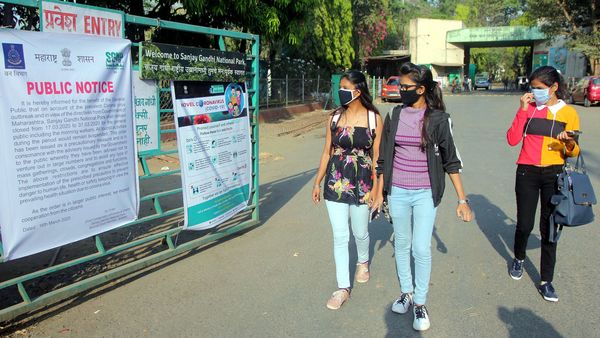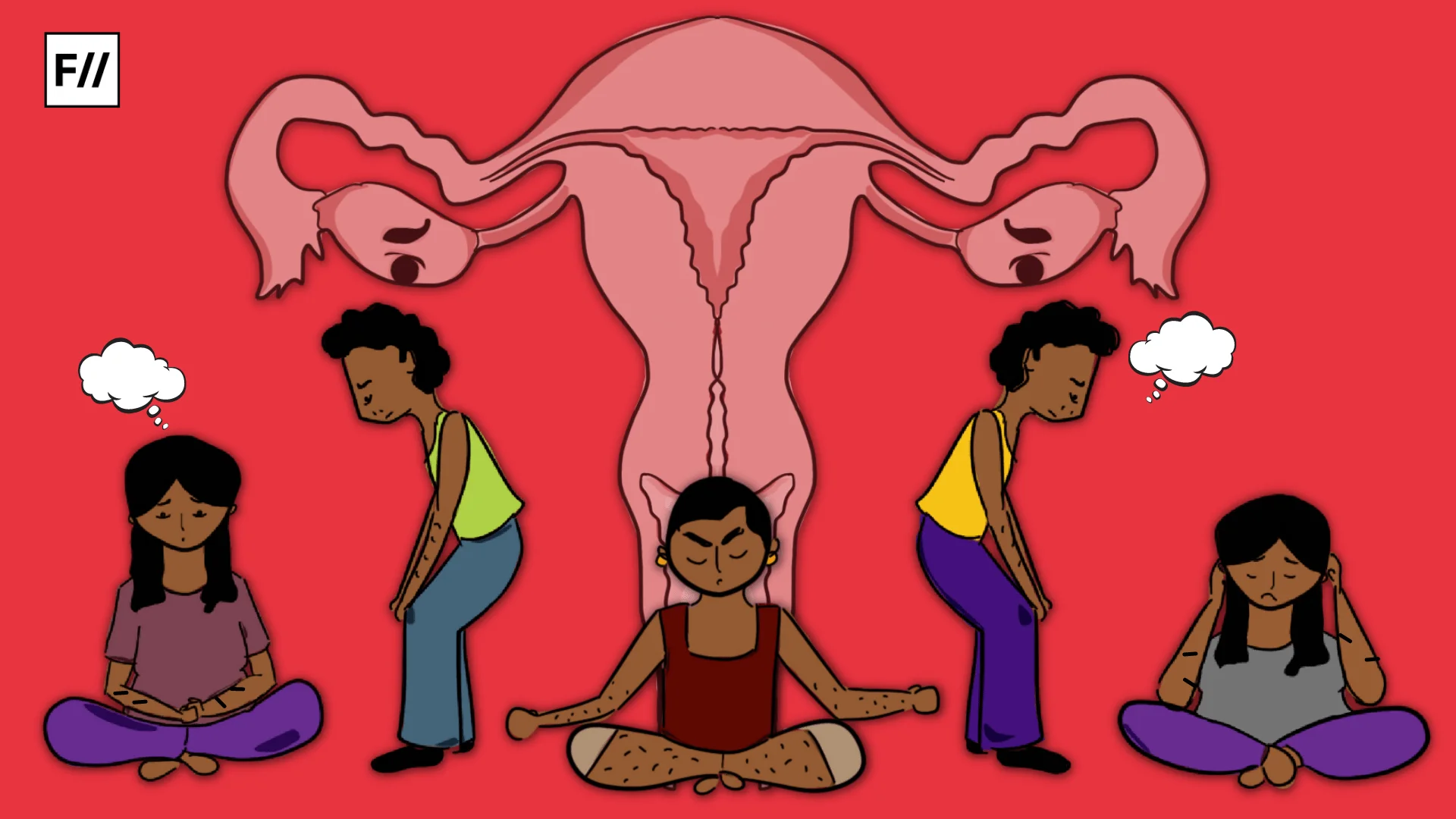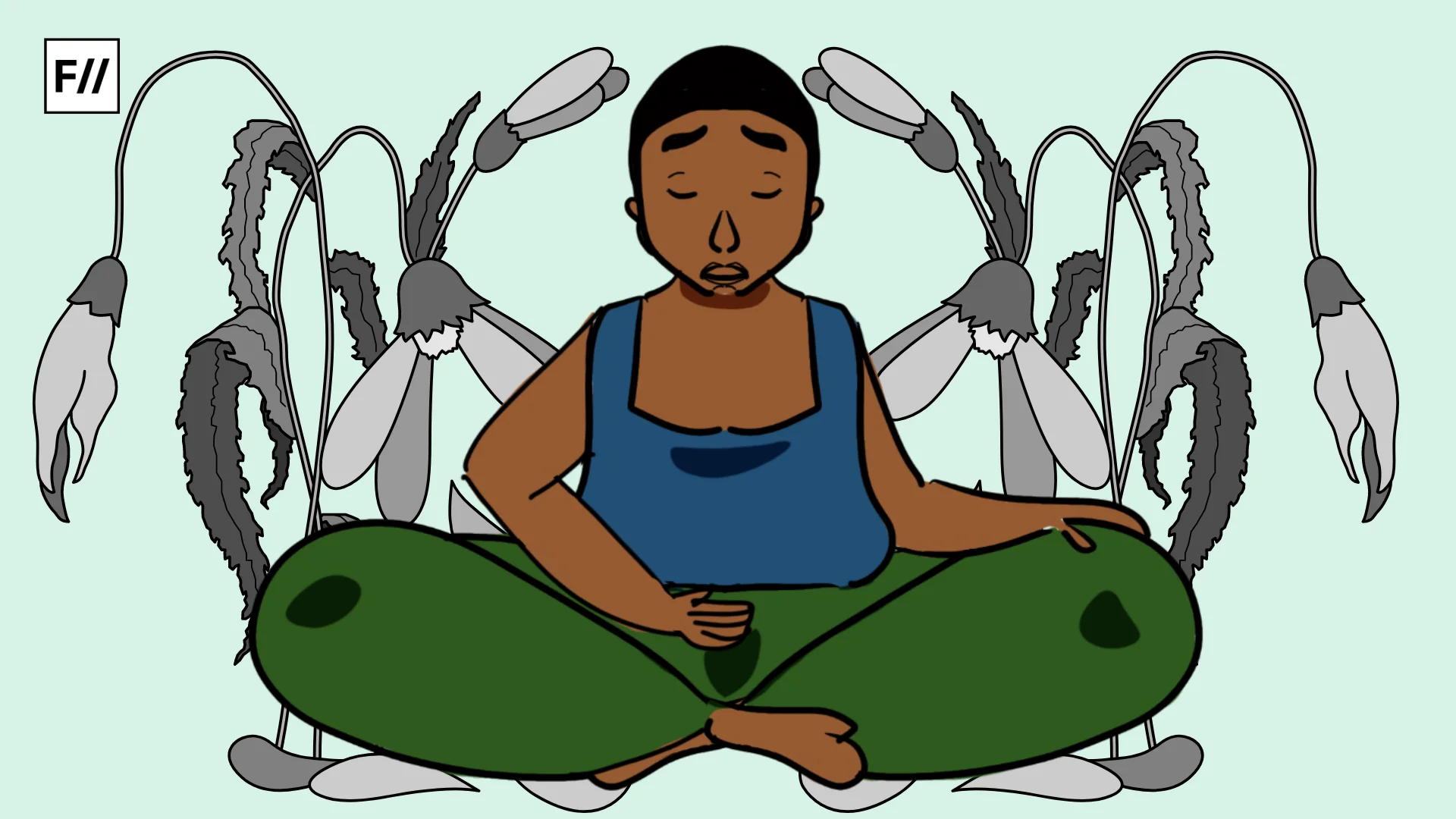The road to the period revolution is lined with pads and tampons.
On March 24th 2020, the BJP-led Indian Government had brought a nationwide lockdown in a country of 133.3 crores of people at the face of COVID-19 pandemic. This led to a shutdown of several essential goods manufacturing companies causing a major crisis and havoc across the nation, making women and trans-men from different class and intersections the biggest victims of this nationwide shutdown of essential goods. Some major commodities covered under the Essential Commodity Act include food items like edible oil and seeds, vanaspati, pulses, rice, sugarcane and its products; petroleum and petroleum products; jute and textile etc, while the welfare of women and trans-men who constitute 48% of the Indian population, have absolutely evaded the minds of our ministers.
While thousands of women do not have rudimentary access to sanitary napkins, tampons, clean water and several other hygiene products continue to be demarcated by the Indian Government as non-essential goods, leading to supply issues across the country into in times of a global pandemic. Online multinational companies like Amazon and BigBasket and others are not being able to get access to these products due to the obscurity of the entire situation, making it even more difficult for women and trans-men with disabilities from lower class, caste and poor economic backgrounds to get access to these products.
However, the Telengana and Karnataka government have enlisted items such as sanitary napkins, soap and other hygienic products as essential goods, the obscurity of the situation can be further demystified if the Ministry of Consumer Affairs or the Ministry of Health or the Prime Minister’s office can provide an extended list of essential goods for the easy accessibility of the Indian women and trans-men.
the Telengana and Karnataka government have enlisted items such as sanitary napkins, soap and other hygienic products as essential goods, the obscurity of the situation can be further demystified if the Ministry of Consumer Affairs or the Ministry of Health or the Prime Minister’s office can provide an extended list of essential goods for the easy accessibility of the Indian women and trans-men.
National Family Health Survey 2018 estimates that of the 336 million menstruating women in India about 121 million (roughly 42 percent) women are using sanitary napkins, locally or commercially produced. Nationwide stunting of the production of sanitary napkins will affect the hygienic conditions of these women, making them vulnerable to various diseases and menstrual infections. The issue can increase a woman’s chances of contracting cervical cancer, Reproductive Tract Infections, Hepatitis B infection, various types of yeast infections and Urinary Tract Infection, further pushing women and trans-men from marginalised intersections who mostly do not have financial access to healthcare and health insurances to the tenebrous pit of death.
Also read: Why Do We Need The Menstrual Leave Policy In India?
While India globally ranks on 145th position in Healthcare,sthe BJP-led Indian government levied a 12% tax on Sanitary pads under India’s Goods and Services Tax (GST) that was launched in July 2017, completely turning a blind eye to the upsurge of school drop out rates of young girls from rural areas due to the lack of access to sanitary products and the ludicrous taboos circumventing menstruation. The decision triggered protests, petitions and court cases that questioned why the government taxed pads as a luxury rather than an essential item, such as condoms, which are tax-free.
Due to the uprising of several protest and online petitions, the tax on pads were levied down to nil, whereas inputs such as polythene film, glue used in the manufacturing of sanitary napkins continue to attract GST rate of 18% and inputs like release paper, wood pulp attract GST at the rate of 12%, thus raising the overall price of sanitary pads make it even less affordable for the people from lower strata of economy.
Due to the uprising of several protest and online petitions, the tax on pads were levied down to nil, whereas inputs such as polythene film, glue used in the manufacturing of sanitary napkins continue to attract GST rate of 18% and inputs like release paper, wood pulp attract GST at the rate of 12%, thus raising the overall price of sanitary pads make it even less affordable for the people from lower strata of economy. However, it is certainly clear without a pinch of doubt that being a women is indeed a luxury in India, as the rules and the regulations are made by men, causing men to stamp a tax on a woman’s body which they clearly deem as a “luxurious item”.
In contrast to the government led movement- “Beti Bachao, Beti Padhao Abhiyaan”, the BJP cabinet minister- Smriti Irani has repudiated the Sabrimala Temple case by saying, “ But just plain common sense; would you take sanitary napkins steeped in menstrual blood and walk into a friend’s home? You will not. And do you think that it is respectful to do the same when you walk into the house of God? So that is the difference.“
While the institutionalised misogyny in the government continue to perpetuate taboo against menstruation, it had led to millions of young girls to drop out of school each year and throwing them into the dark, harrowing pit of menstrual infections, diseases and innocent deaths.
Also read: National Period Day: Make Menstrual Hygiene An Active Concern In Health Manifestos
The road to the period revolution is indeed lined with pads and tampons. When they’re available, that is.
Featured Image Source: LiveMint
About the author(s)
Abira Das is a feminist activist, journalist and writer from Kolkata. She is the co-founder of Badass Girl Up ,an initiative by Girl Up Campaign founded by United Nations Foundation. Abira has previously worked for The Telegraph In Schools and won awards for Best Interviews and Best Cover Stories. She has interviewed numerous politicians and authors ranging from Shashi Tharoor to Markus Zusak. Abira is currently studying in grade 12 and passionately writes about social issues such as mental health, feminism and politics. You can reach out to her via abiradas26@gmail.com and Facebook




